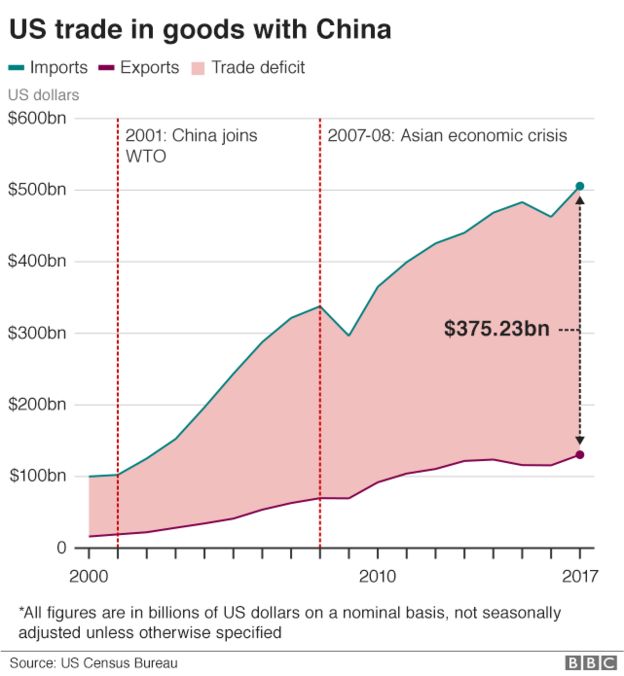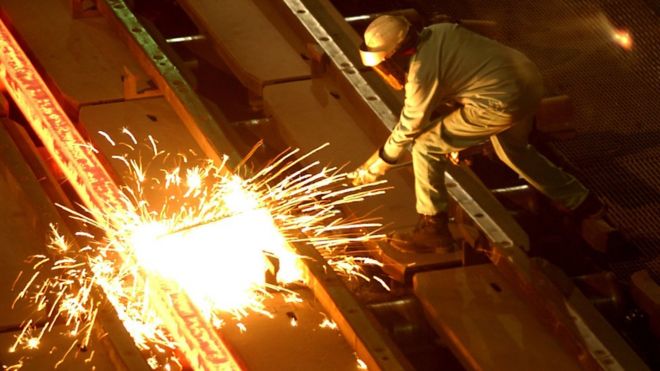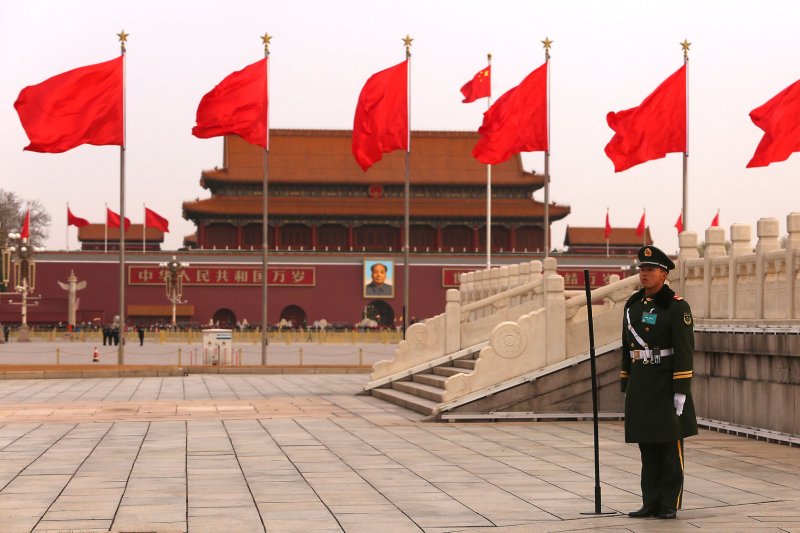Chinese officials in recent days have been defending the government’s ambitious plan, known as Made in China 2025, to create globally competitive players in industries like advanced microchips, driverless cars and robotics. While Beijing has signaled a willingness to compromise on other matters, the intractable standoff over its core industrial policy could prolong a trade fight that has already shaken markets and led to concerns about a full-blown trade war. “We are three years into the implementation of Made in China 2025, and we will keep going,” Miao Wei, China’s minister of industry and information technology, said on Monday, the last day of a three-day economic policy forum in the Chinese capital. The Trump administration has threatened to impose tariffs on imports involving many of the industries being developed under the Made in China 2025 program. Administration officials strongly object to the program’s goal of having Chinese companies dominate these advanced industries, particularly in the Chinese market.
Washington has also protested that companies in the targeted industries have been offered loans at low interest rates by state-controlled Chinese banks. The White House argues that will result in global capacity gluts that could drive down prices and destroy the viability of tech companies in the West, as well as in countries, like Japan and South Korea, that are allied with the United States. “China has engaged for a very long time in the theft of our intellectual property as well as practices like forced technology transfer,” Peter Navarro, President Trump’s trade adviser, said on CNBC on Monday. “We’re hopeful that China will basically work with us to address some of these practices.” Mr. Navarro on Monday tried to calm financial markets, which were rattled last week by the prospect of a trade war. He emphasized that “growth and stability” were the aim of Mr. Trump’s policy goal of ensuring that trade with the United States is fair and reciprocal.
Investors’ fears of a trade war seemed to subside some on Monday. The Standard & Poor’s 500-stock index climbed 2.7 percent, the Dow Jones industrial average rose 2.8 percent and the Nasdaq composite jumped 3.3 percent. Whether an agreement that forestalls a protracted economic conflict can be reached remains unclear. The two nations, whose markets are highly integrated, have engaged in discussions for years with little to show as a result. Talks between the United States and China stalled last summer, and the Comprehensive Economic Dialogue between two countries has produced little progress. The Trump administration has largely shunned the highly structured discussions of past administrations, which were used to try to reach agreement on economic and security issues. The White House now views those channels as producing largely hollow promises by the Chinese and has shifted toward engaging directly with senior-level Chinese counterparts.
On Saturday, just two days after the administration announced tariffs on up to $60 billion worth of Chinese imports, Steven Mnuchin, the Treasury secretary, called Liu He, China’s economic czar, to congratulate him on his new role of vice premier. The two discussed the trade tensions, including reducing tariffs on American cars and opening up China’s financial services sector to American firms. “They also discussed the trade deficit between our two countries and committed to continuing the dialogue to find a mutually agreeable way to reduce it,” a Treasury spokeswoman said. China’s official news agency, Xinhua, characterized the call between Mr. Mnuchin and Mr. Liu as confrontational, with Mr. Liu warning Mr. Mnuchin that America’s trade actions against China were straining economic ties between the countries.
MORE


 The History Room
The History Room


 Reply With Quote
Reply With Quote







